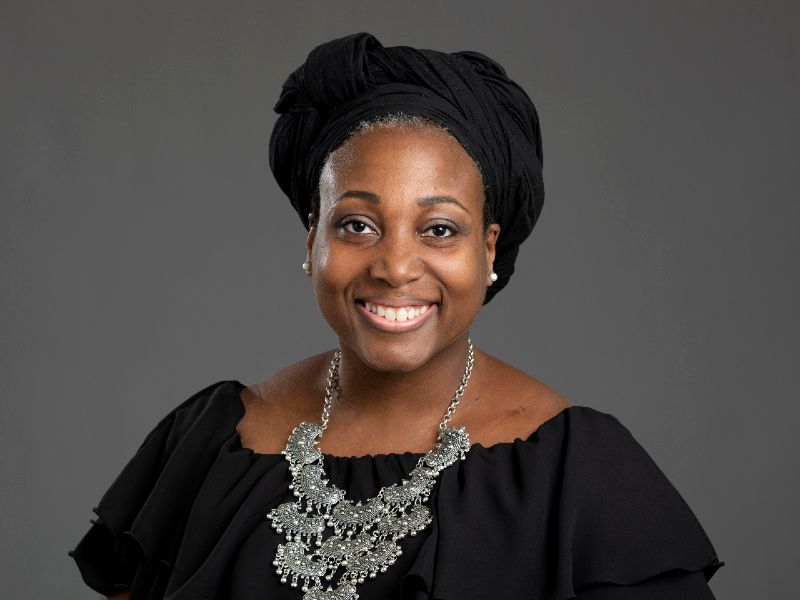
Princess Currence has 15-plus years of experience building successful DEI recruitment, talent/student development programs from the ground up. She has assisted thousands of diverse students in gaining admission and graduating from top-tier higher education institutions. She is a DEI educator of anti-racism pedagogy, health equity, social justice leadership and intergroup dialogues pedagogy. Her deep knowledge of system-thinking, social justice education and business optimization allows her to develop customized strategies that help organizations to accelerate their goals.
Currence is a co-author of the Association of American Medical College’s (AAMC) Holistic Student Affairs Model, which aims to extend holistic admissions approaches beyond admissions and into the way the student affairs areas work in concert to support students. A recognized thought leader, she serves on several local and national boards and speaks nationally on a wide array of diversity of inclusion issues. Her research centers on the relationship between mentorship and career development, race and professional identity development, and protective factors of social identity and academic success for underrepresented students in health care fields.
Currence has a doctorate in social justice, innovation and large-scale change management practice from the University of Southern California and a master's degree in social work in community organization and community and social systems from the University of Michigan. She has served as a health careers adviser and program manager at the University of Michigan School of Medicine, chief student diversity officer/director of the Urban Health Program at the University of Illinois College of Medicine and an executive leader at other higher education institutions.
Currence is currently the director of Curriculum & Education at RUSH Medical College, where she directs the curriculum development and delivery process as well as teaches sessions on intergroup dialogue, social identity and active listening, antiracism approaches in clinical medicine and racial equity.
